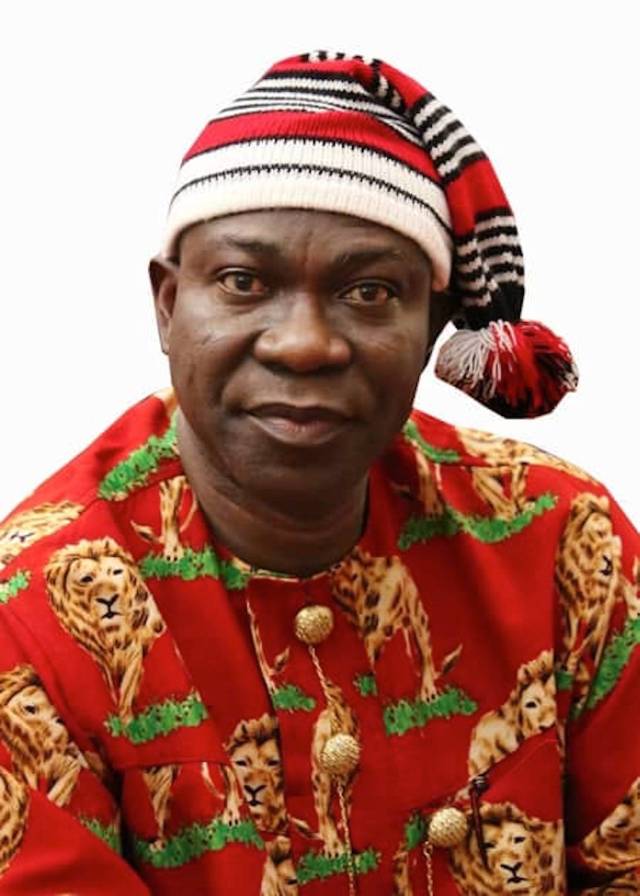A United Kingdom-based doctor, Dr. Obinna Obeta, accused of conniving with the Nigerian former Deputy Senate President, Sen. Ike Ekweremadu, currently facing trial on trafficking and organ harvesting in the United Kingdom, has opened up on why he lied about a potential donor.
On July 22, 2022, reports that Obeta was accused of conniving with Ekweremadu and his wife to traffic a homeless man into the UK to harvest his kidney for their daughter.
The doctor, from Southwark, South London, was charged under the Modern Slavery Act. Obeta, who appeared at Bexley Magistrates’ Court on 13 July, is charged with arranging the travel of 21-year-old Davi Ukpo from Nigeria to the UK.
He is also accused of conspiring with Ekweremadu to arrange or facilitate the travel of the man with a view of him (Ukpo) being exploited through organ harvesting.
But appearing in court on Monday, Obeta admitted that he lied about a potential kidney donor because he was “desperate” for his own operation to go ahead.
The Old Bailey heard how Dr Obeta had travelled with a donor from Nigeria in 2021 who he incorrectly said was his cousin, BBC reports
He denies breaking modern slavery laws.
According to BBC, the court on Monday heard how Dr Obeta had successfully undergone a kidney transplant in the UK in 2021, with a donor travelling from Nigeria who was said to be his cousin.
But asked by his defence barrister, Sally Howes KC, if the man was in fact his cousin, Dr. Obeta admitted that he was not.
“No, he’s not a blood relative. I wish to apologise for that,” Dr. Obeta said.
“At that point, I was really desperate to survive,” he added.
Asked if he accepted that by identifying him as a cousin was a lie, Dr Obeta said: “I’m not proud of that.”
Meanwhile, Obeta denied that he had offered any money for the donor’s kidney, or any kind of reward and told the court that he had kept in touch with the man after the operation.
“He was more like my son at this point,” Dr. Obeta said.
The court heard that after his operation, Dr Obeta had contacted his donor to ask if he was able to find any further potential donors.
“There were others I had in mind. It’s not an easy task,” said Dr. Obeta.
He told the court that he needed to know the motives of potential donors, while others were not going to have kidneys that matched.


